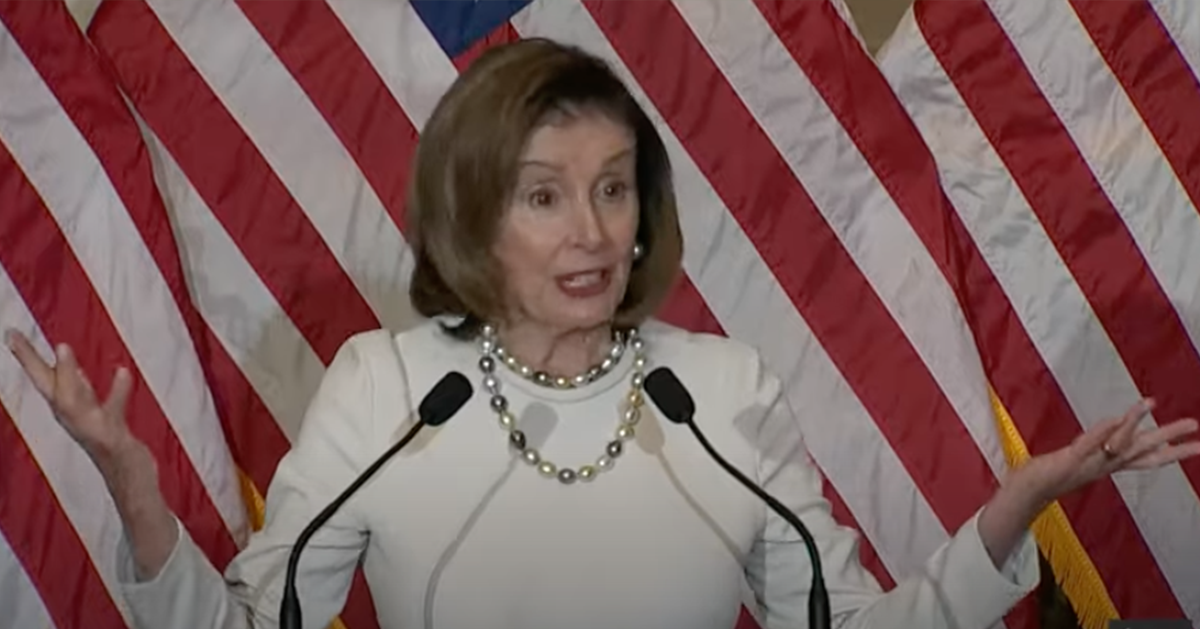State Department shuts down disinformation monitoring unit
In a bold strike against what many conservatives see as government overreach, the U.S. State Department under Donald Trump has officially pulled the plug on the Global Engagement Center (GEC), a program accused of stifling free speech, as Breitbart reports.
This decisive move, announced by Secretary of State Marco Rubio in April, aligns with Trump’s mission to dismantle what he calls the “censorship industrial complex” and reflects growing concerns over the misuse of taxpayer funds to monitor and suppress certain political viewpoints.
The GEC, initially created to combat international terrorism, took a sharp turn under the Obama administration when its focus shifted to countering foreign propaganda and disinformation.
From terrorism focus to speech policing
Rick Stengel, appointed during that era, spearheaded this pivot, reportedly framing censorship as a noble defense of democracy while authoring pieces that pushed for controversial measures like a hate speech law in America.
Stengel even drew parallels between President Trump’s rhetoric and the disinformation tactics of adversarial groups, a comparison that many on the right find not just unfair but dangerously biased.
Fast forward to Rubio’s announcement, and the message is clear: the GEC’s mission had strayed too far from its roots, becoming a tool to police public discourse instead of protect national security.
GEC’s role in election monitoring
Rubio pointed out that the GEC partnered with the Election Integrity Partnership (EIP) during the 2020 election, a group that allegedly zeroed in on content from Trump, his family, and his supporters with laser-like focus.
As Rubio put it, “The EIP pretty much exclusively singled out accounts and narratives associated with President Trump and his supporters and, in fact, directly flagged President Trump’s tweets, along with his family members and friends of the administration.”
That kind of selective scrutiny doesn’t smell like impartiality -- it reeks of an agenda, especially when taxpayer dollars are footing the bill for a multimillion-dollar operation.
Taxpayer funds fueling speech restrictions
Speaking of money, the GEC funneled grants to global organizations like the Global Disinformation Index (GDI), which labeled conservative outlets as high-risk for spreading falsehoods while giving progressive platforms a free pass.
Outlets like The Federalist and the New York Post got slapped with warning labels, while others like HuffPost skated by as supposedly trustworthy -- a double standard that’s hard to swallow for anyone valuing fair play.
Rubio didn’t mince words on this either, declaring, “With its multimillion-dollar budget, paid for by American taxpayers, GEC funneled grants to organizations around the world dedicated to pushing speech restrictions under the guise of fighting ‘disinformation.’”
Public opinion on censorship shifts
Public sentiment, meanwhile, seems to be cooling on the idea of government or tech giants playing speech referee, with a recent poll showing only 42% of Americans prioritizing the protection of free information over censorship in 2023, down from higher support previously.
Even tech companies, often seen as gatekeepers of online narratives, face skepticism, as just 32% of polled Americans want them safeguarding free expression over curbing what’s deemed false.
For conservatives, this shutdown of the GEC isn’t just a policy win -- it’s a stand against a system that’s too often weaponized to silence dissenting voices, all while cloaked in the language of protecting democracy. Let’s hope this marks a turn toward trusting Americans to think for themselves, without Big Brother’s heavy hand on the mute button.





